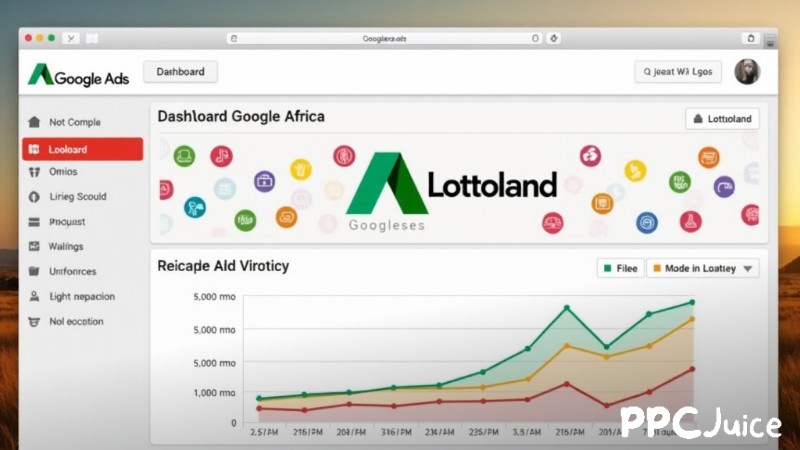
In response to growing antitrust concerns and in an effort to comply with the European Union’s Digital Markets Act (DMA), Google has proposed new changes to its search results in Europe. This follows complaints from smaller businesses and rivals, including price-comparison websites, hotels, and small retailers, who argue that previous adjustments have caused significant drops in direct bookings and traffic to their sites.
The DMA, which came into effect last year, was designed to limit the market power of large tech companies like Google, preventing them from prioritising their own products and services in search results. Google, the world’s most popular search engine, has faced increasing pressure to reform its practices and level the playing field for competitors.
Key Takeaways
Google proposes changes to its search results in Europe to comply with the EU’s Digital Markets Act and address concerns from smaller competitors.
- Google is introducing new features, such as expanded and standardized units, allowing rivals to display prices and images directly on the search page.
- The company has also introduced new ad units specifically designed for comparison sites, providing competing businesses with more opportunities to advertise their products.
- Google will test some of these changes in specific regions before implementing them fully, including a short-term experiment in Germany, Belgium, and Estonia.
Google’s response to regulatory pressure
To comply with the DMA and address concerns from smaller competitors, Google is proposing changes to its search results. This includes providing more options for users to choose between comparison sites and supplier websites, offering increased visibility for smaller businesses.
The new proposal also introduces expanded and standardised units, allowing rivals to display prices and images directly on the search page. This aims to improve transparency and help users make more informed decisions by showing a broader range of options.
In addition to these format changes, Google has also introduced new ad units specifically designed for comparison sites. These units will provide competing businesses with more opportunities to advertise their products in a more prominent, consistent, and equitable manner alongside Google’s services. These changes could also open up new possibilities for businesses to implement PPC optimization techniques, further enhancing their visibility and reach within search results.
Google has emphasised that these changes strike the right balance between user needs and regulatory requirements. However, the company remains cautious about fully implementing these changes, noting that it will test some of the adjustments in specific regions first.
Testing simpler layouts in selected regions
A short-term experiment in Germany, Belgium, and Estonia will see hotel location maps and related results temporarily removed from travel searches. The change reverts the search layout to a simpler “ten blue links” format to gauge user interest in a more basic search experience.
While reluctant to remove helpful features, the company recognises the need to explore simpler formats to meet regulatory expectations and better understand how users interact with search results. These changes will also allow Google to collect valuable data on whether users prefer a more traditional, text-based result set compared to the more feature-rich experience that has become standard in recent years.
Antitrust scrutiny and potential penalties
The European Commission has been monitoring Google’s compliance with the DMA since 2023. The law imposes stricter rules on tech giants like Google, prohibiting them from prioritizing their own services. Non-compliance could lead to fines of up to 10% of global revenue.
Google faces significant scrutiny from both the Commission and industry players. While it has made changes to improve transparency, critics argue that these adjustments do not fully address concerns over Google’s preferential treatment of its services.
Industry groups, including the European Travel Tech Coalition, Booking.com, Expedia, and Airbnb, are pushing for stronger action against Google. They argue that despite proposed changes, the company still holds an unfair advantage, particularly in hotel and flight bookings.
In response, Google asserts that its changes are designed to foster greater competition and user choice while maintaining high service standards. These changes are part of Google’s larger strategy to meet DMA requirements while staying competitive in a rapidly changing market.
A delicate balance
Google’s efforts to align with the Digital Markets Act highlight the challenges tech giants face in regulated markets. Its proposed changes to search results signal a shift in its approach to competition, transparency, and user choice in Europe. The European Commission will assess whether these changes meet DMA requirements. Failure to comply could result in fines, while successful changes may foster a more competitive digital marketplace, benefiting consumers and smaller businesses.
As Google adapts to regulatory pressures, its use of PPC optimisation techniques in search results could offer businesses a way to strengthen their online presence in this evolving landscape.

